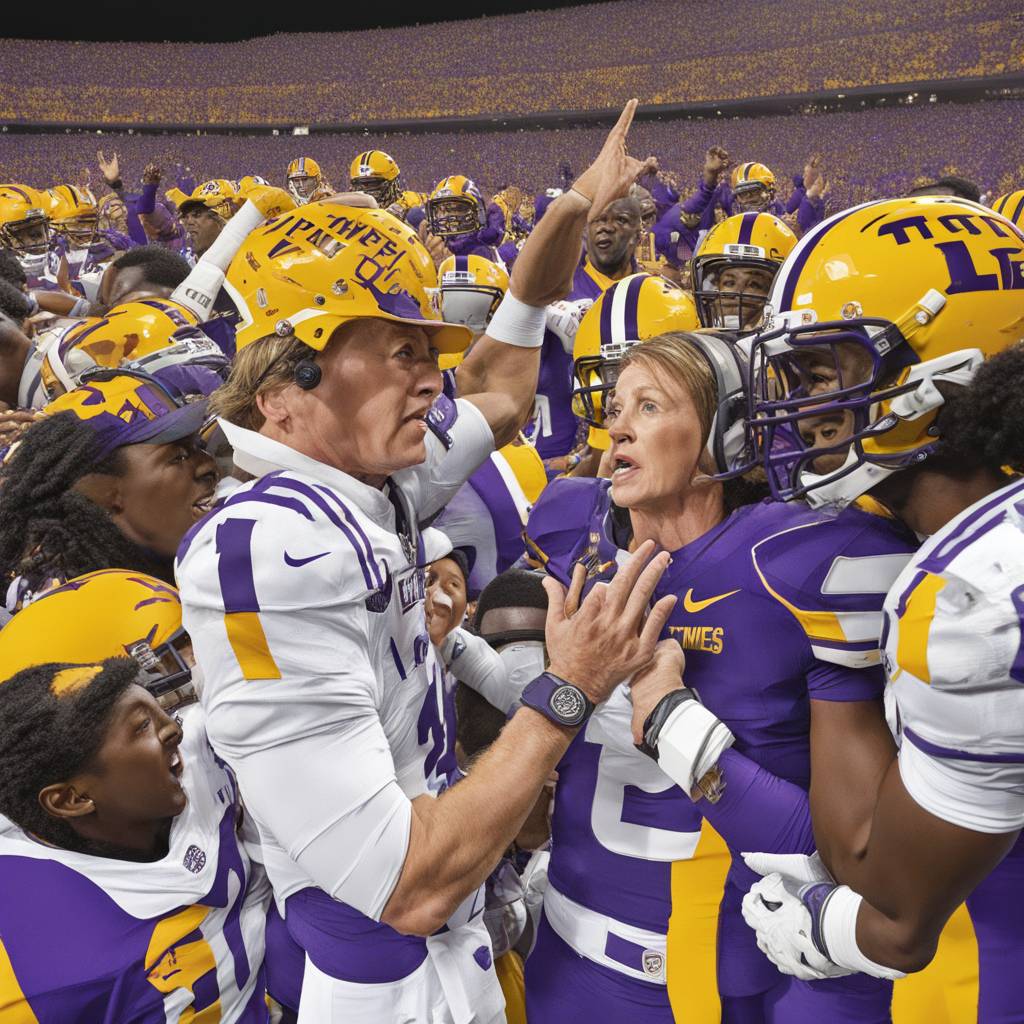Los Angeles Times reporter Ben Bolch has apologized for a column he wrote that referred to LSU women’s basketball players as “dirty debutantes” and labeled the UCLA-LSU matchup as “good versus evil.” The apology was issued after LSU coach Kim Mulkey spoke out against the column, stating that she would not stand by while her team was attacked. Bolch admitted that his choice of words was inappropriate and offensive, acknowledging the impact of misogyny, racism, and negativity in society. He expressed remorse for his mistake and apologized to both the LSU and UCLA basketball teams, as well as to readers.
The controversial column was published before the Sweet 16 game between LSU and UCLA in the NCAA Tournament. It was later revised and republished with a note stating that the original version did not meet the editorial standards of the LA Times. Mulkey addressed the column at a press conference, denouncing the attack on the players and highlighting the issue of sexism in sports journalism. She defended her team’s playing style and emphasized her responsibility as a mother and leader to stand against such harmful rhetoric.
Bolch’s apology on social media, where he clarified that he was not compelled by the Times to address the issue publicly, reflects his recognition of the impact of his words and the need to take responsibility for his actions. He acknowledged that as a journalist, he understands the power of words and the importance of choosing them carefully. He expressed regret for attempting to be clever in his phrasing and using inappropriate metaphors that perpetuated harmful stereotypes and negative associations.
The incident has sparked discussions about the role of journalists and the responsibility of media outlets in promoting respectful and inclusive language. Mulkey’s response has drawn attention to the significance of challenging sexism in sports coverage and defending athletes against unfair characterization. The episode serves as a reminder of the influence of language on perceptions and the importance of fostering a culture of respect and equality in sports journalism and beyond. Bolch’s apology and the subsequent revisions to the column demonstrate a commitment to learning from mistakes and promoting positive discourse in the media.








